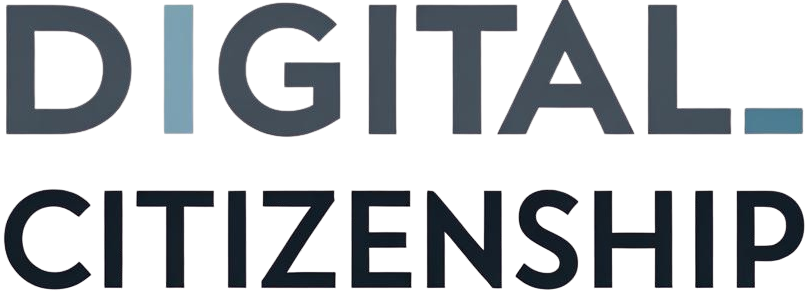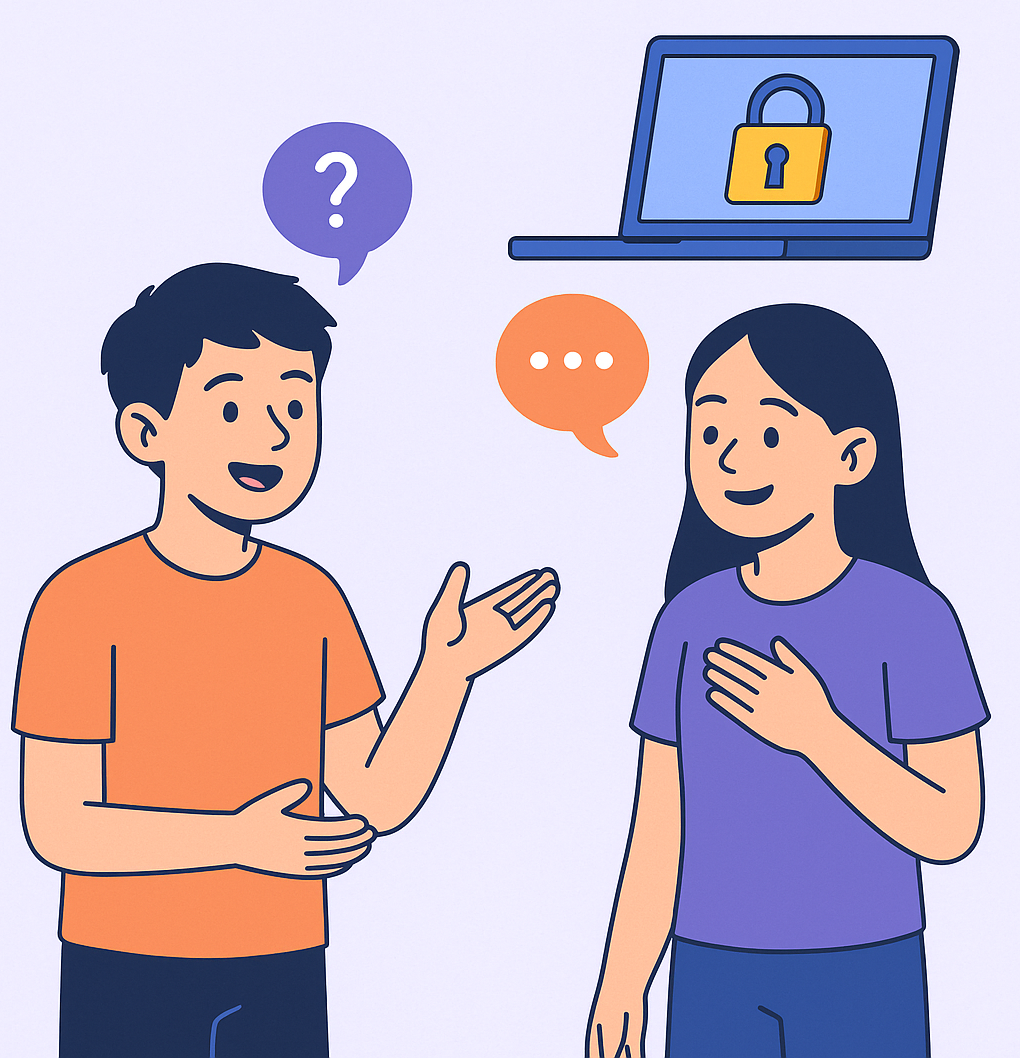As our lives become increasingly digital, it is essential to understand and embrace the concept of digital citizenship. Digital citizenship refers to the ability to navigate our online environments in a safe and responsible manner while actively and respectfully engaging with others. It is about being mindful of our actions and working towards creating a positive culture online.
Contributing to a positive culture online starts with being aware of our digital footprint. Everything we do and say online leaves a trace, and it is important to remember that our actions can have a lasting impact on others. By being mindful of how we present ourselves and the content we share, we can contribute to a more inclusive and respectful online community.
One way to contribute to a positive culture online is by practicing good digital etiquette. Just as we are expected to be polite and respectful in face-to-face interactions, the same principles apply online. This includes using appropriate language, refraining from cyberbullying or harassment, and being mindful of the impact our words can have on others. By treating others with kindness and empathy, we can foster a supportive and inclusive online environment.
Another important aspect of being a responsible digital citizen is protecting our personal information and respecting the privacy of others. This means being cautious about the information we share online and being aware of the potential risks associated with sharing too much personal information. By practicing good privacy habits, such as using strong passwords and being selective about the information we share, we can help create a safer online environment for everyone.
Being a responsible digital citizen also involves being critical consumers of information. With the abundance of information available online, it is crucial to develop the skills to evaluate the credibility and reliability of sources. By fact-checking information before sharing it and being mindful of the potential spread of misinformation, we can contribute to a more informed and trustworthy online community.
Additionally, actively engaging in positive online discussions and promoting digital literacy can contribute to a positive culture online. By sharing helpful and accurate information, participating in meaningful conversations, and supporting others in their digital journey, we can foster a sense of community and collaboration in our online spaces.
Lastly, it is important to be an upstander rather than a bystander when witnessing online negativity or harmful behavior. By speaking out against cyberbullying, reporting inappropriate content, and supporting those who are being targeted, we can actively work towards creating a safer and more inclusive online environment.
In conclusion, being a responsible digital citizen means actively contributing to a positive culture online. By practicing good digital etiquette, protecting personal information, being critical consumers of information, engaging in positive discussions, and standing up against online negativity, we can help create a safer, more inclusive, and respectful online community. Let’s work together to navigate our digital environments in a way that promotes the health and well-being of all.





